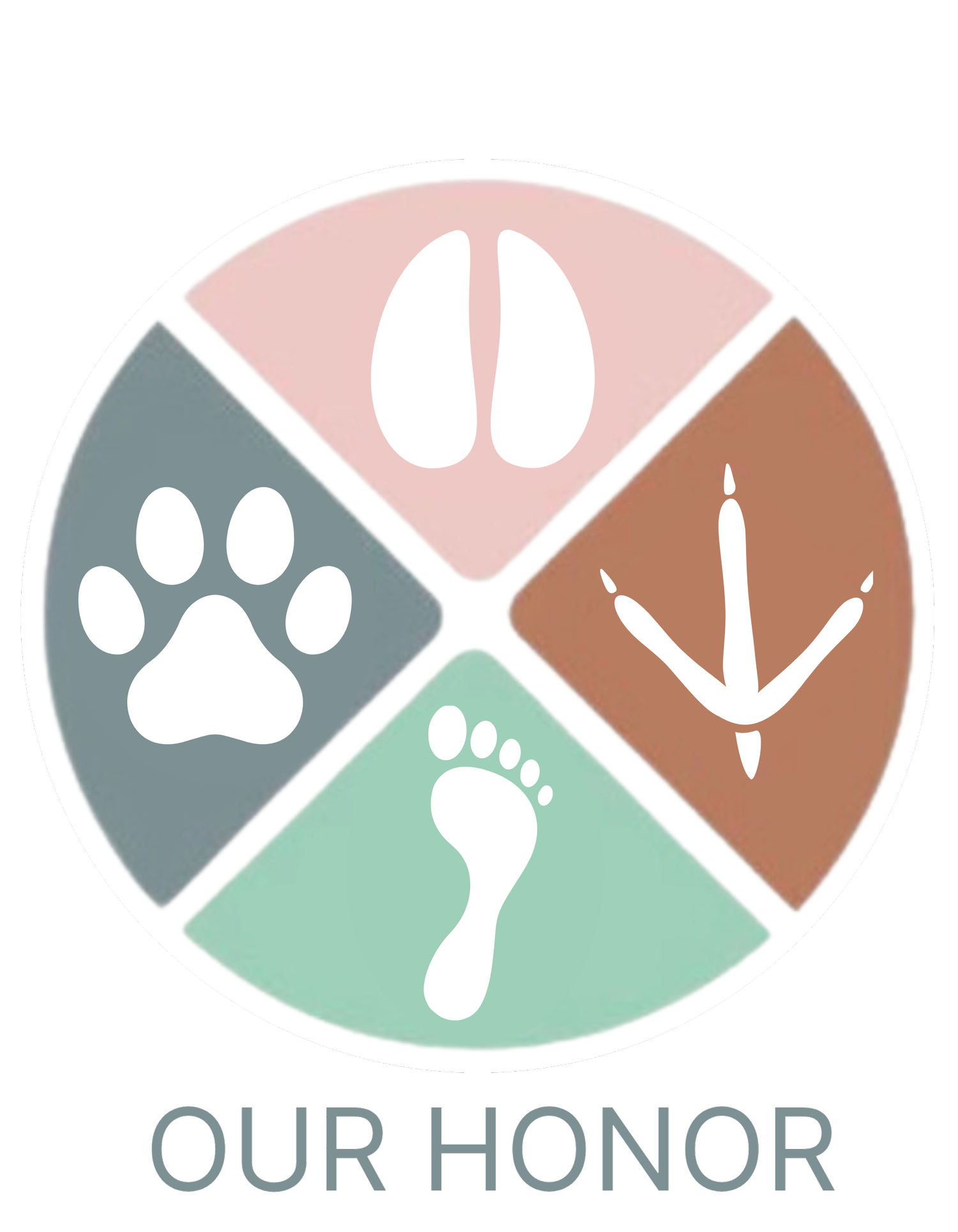A veterinary student receives an F for following her conscience.
Dr. Fraissl works as a small animal veterinarian and received her DVM from St. George’s University, completing her clinical year at Auburn University. Her passion lies in working in impoverished communities in an animal rescue/shelter capacity.
I became a veterinarian to care for sick and injured animals. I had no idea veterinary school would require me to maim my patient in a terminal procedure, and then punish me when I refused.
In 2018, during my clinical year of vet school at Auburn University, I started my farm animal rotation. It was a mandatory rotation, and I had heard from other students that its name was recently changed from “Food Animal” to “Farm Animal,” which gave me hope that we would be treating the animals as our patients and not just as products of the agricultural system.
During my rotation, I met Fred—a huge black bull with lameness issues. I looked forward every day to seeing him and caring for him at the hospital.
Sadly, my school viewed him differently. Fred’s “owner” had relinquished him due to the cost of hospitalization, and the only worth my school placed on him was as a surgical experiment for students. One day, they told us to subject Fred to surgery where we could each practice a different procedure. Students were going to remove his eyes, dehorn him, amputate his hooves, and castrate him. After, Fred was to be euthanized. I was horrified and heartbroken and openly refused to participate, because I could not do that to him. He was a feeling, living, breathing creature. He was my patient. Did I not have a responsibility to protect him and care for him? Did the veterinary oath mean nothing?
I visited Fred alone the night before his “surgeries” and apologized to him for what they were going to do to him. I felt helpless. I cried and imagined his mutilated body and had a panic attack alone on campus. The next day, I worked on the farm as usual, but I did not participate with the others. I repeated to them that I could not and would not participate in the terminal surgery. They failed me on that rotation and proceeded to begin Fred’s terminal surgery. I will forever be haunted by the image of what happened to that sweet bull. For this decision, the faculty later scolded me and threatened me with expulsion, and my peers mocked me.
Nevertheless, I graduated in 2019 and have been working as a small animal veterinarian for the last two years in a hospital where compassion comes first and where veterinarians advocate for our patients.
Looking back on my time in vet school, even after all the hardships I faced, I am thankful that I had the strength to stick to my values and to question the hypocrisies that are unfortunately still so rampant in my field. Some say that integrity is doing the right thing when no one is watching. I think integrity is also doing the right thing when everyone is watching. It isn’t easy or comfortable, and you will face resistance and even hostility, but meaningful change is always accompanied by some degree of upheaval.
To anyone out there finding themselves in a similar situation, you are not alone.
Stephanie Fraissl, DVM

